As the popular saying goes - fail your way to success. But in reality, some mistakes are not worth it.
12 Questions you need to ask an outsourced app development company
You did your research and made a list of potential outsourcing app development companies.
Now it’s time to face them in a meeting or a Zoom call.
This is the best opportunity to upbuild on the information you collected about the company.
Their answers will help you to distinguish between the good and the bad ones.
To make it easier for you, we’ve compiled a list of questions you should ask any app development company.
Let’s begin.

Table of Contents
Questions about the company
Sure, you’ve nitpicked through the company’s website, but it’s always a good idea to start the conversation with general questions about the company.
This is the company you have to interview in order to know whether they’re the right fit for you.
But don’t talk about the weather for the first ten minutes, well, unless the person on the other side is a tough nut to crack.
The point is to relax them and check whether what they say coincides with the information on the website.
Little details can be of much help when choosing the winner or narrowing down your list of potential partners. Also, these questions can be a starting point for later, app related questions.
If you’re unsure about sharing your idea to unknown companies you’re not even sure you’ll choose, you can always draft an NDA (Non-disclosure agreement) which will give you legal protection.
Here’s a list of potential questions that can serve as an icebreaker.
Who were your previous clients?
This is an excellent chance to gain some inside info on the competition and the quality of your potential partner.
Also, the more prestigious/influential their clients are, there’s more chance this company builds high-quality apps.
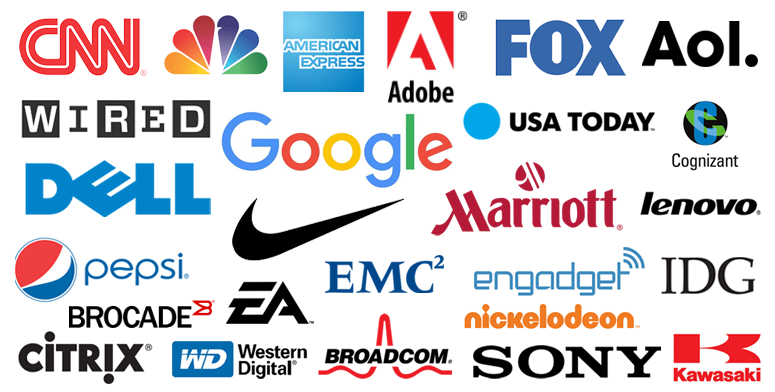
Source: Cardone Training Technologies
You can follow up with questions like how did you find them or how did they find you.
A quality firm will surely provide you with a compact case study document where you should gain more info about their collaboration with A-players.
A good sign is if their clients are similar to you and your industry. That means they gained specific knowledge you can benefit from.
Although you’ll ask them later how they dealt with previous projects, a part of that answer can be found in this one.
What are your criteria when hiring developers?
It’s also good to know how the company acquires its staff.
The more transparent they’re about it, you trust them more.
After all, there are companies who hire cheap and low-quality staff so definitely ask them to explain their criteria while hiring new developers.

For example, do all employees need to have
- masters in engineering,
- specific years in development,
- excellent English skills, etc.
They should be able to provide you with a few examples of their employee CV’s, often called blinds Cv’s (without any personal information).
It’s also a good idea to ask about their current team’s structure.
If you see a majority of senior developers, that’s definitely a good sign for you. It means they have lots of experience and expertise.
Bonus tip – ask them how much time would it take to scale up the team assigned to your project?
Projects can change like the weather. You may realize along the way you need more experts so it won’t hurt to ask if the company is open to scaling up its dev team.
With this approach, you’ll gain more transparency and know exactly what you can expect from them.
Not to mention the hassle this can create when looking for a new addition to the team.
According to surveys, in the IT industry interviewing processes can last 23.7 days on average.
Also, take into account that complex positions call for longer onboarding.
Where is your development team located?
It’s important to know where your outsourced team will work from. This isn’t only because of cultural differences or time zones, but also because of legal technicalities.
If you’re an American company working with an app agency from Europe, you should know about GDPR (General Data Protection Regulation) and how it applies to you.
For example, different rules apply to data transfers to the USA.
Also, ask the representative whether their team is in the office or is working remotely. If they’re already remote it can be easier to communicate with them because they already have an established workflow and communication style.
Make sure to ask whether the team is located at the headquarters or if they work from another country.
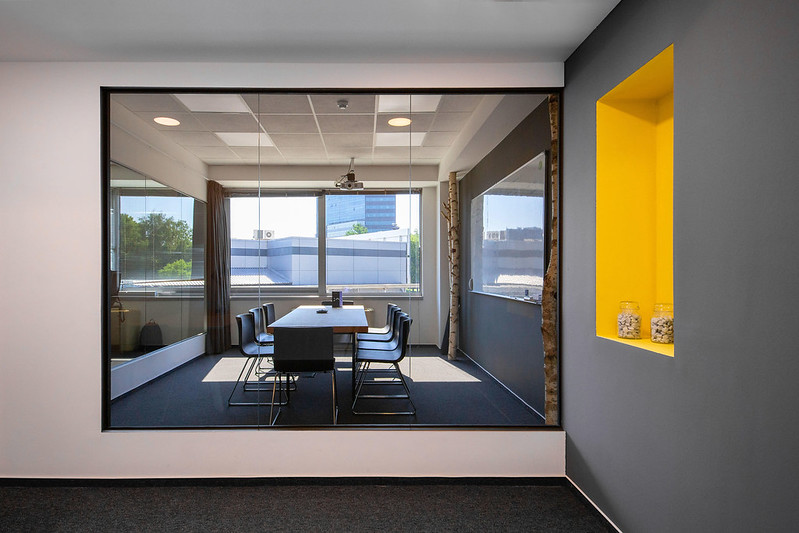
Many companies boast of being located in New York while actually their team is located in an eastern country.
Don’t forget to ask about the company’s location because you’ll spare yourself from future misunderstandings and other problems.
Do you provide maintenance and support after the launch?
What happens after the launch is also important to discuss with the outsourcing company. App development is just one side of the coin.
You don’t want to lag behind the competition, tech trends, and your user’s needs, don’t you?
[bctt tweet=”Continuous maintenance that includes updating your app, analyzing its performance, and making sure it always runs without glitches is a must.” prompt=”Tweet if you agree”]
So we strongly encourage you to ask the company whether they also do app maintenance along with development.
At DECODE we’re 100% dedicated to our clients and that includes both app development and maintenance.
What development methodology do you use?
Now we’re getting more specific. This question is a must because it shows how the company works.
But methodology is not only about the process. It will tell you a lot about the company.
For example, companies that use exclusively the waterfall approach, are more likely to be linear in their development process.
This methodology is based on extensive documentation and fixed requirements and tasks.
Of course, this doesn’t mean that the people are rigid, just that they function differently, depending on the project’s scope and requirements.
The agile methodology is on the other side of the spectrum. It’s one of the most popular approaches because of its dynamic and fluid nature.
There are no strict deadlines or requirements and there’s lots of focus on constant client feedback.
Other benefits of the agile approach are:
- You can be involved in the development from start to finish
- Greater flexibility and control
- Focus on results rather than deadlines
So companies that follow this approach will probably include you in the process from the beginning to the end.
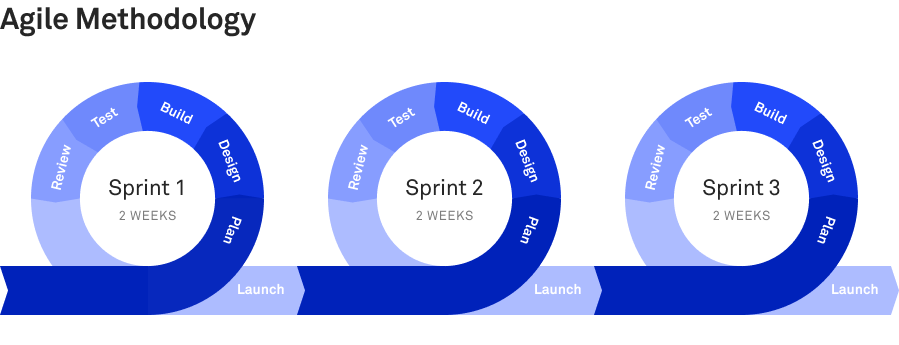
Keep in mind these two aren’t the only methodologies companies use. There’s also:
- DevOps
- Scrum
- Prototype methodology
As you can see, there’s lot of possible methodologies in IT. That’s why it’s smart to research them before meeting with a potential partner.
Questions about the project
This is the most important section because it’s the most relevant for you. At this point in the conversation, you’ll see whether projectwise the company is a fit.
Expect they’ll also be the ones who’ll ask some questions about your project in order to give you a better answer.
Without further ado, here’s questions you need to ask the company.
How will I be involved in the development process?
If you want to work with an agile development team, this is an important question. As I said before, the agile approach focuses on including clients in the whole project.
This will give you more control over the process and there are other benefits.
Constant communication between your agile team and you will actually save time. Also, since in agile the process is separated into so-called sprints, the product’s features are delivered faster and the team is more productive.

- If you’re not that versed in software development, the team won’t bother you with technical details but will propose you keep track of the project via daily calls, meetings, and project management tools.
- If you’re a software engineer or have extensive experience in the IT industry, you’ll most likely be involved in all the nitty-gritty details of the project. And rightly so, because your insight will be very valuable.
But without good development, communication and project management tools, working with an outsourced company is useless. Wich brings us to the next question.
What tools do you use?
Long distances can only be traversed with a good Internet connection and excellent communication.
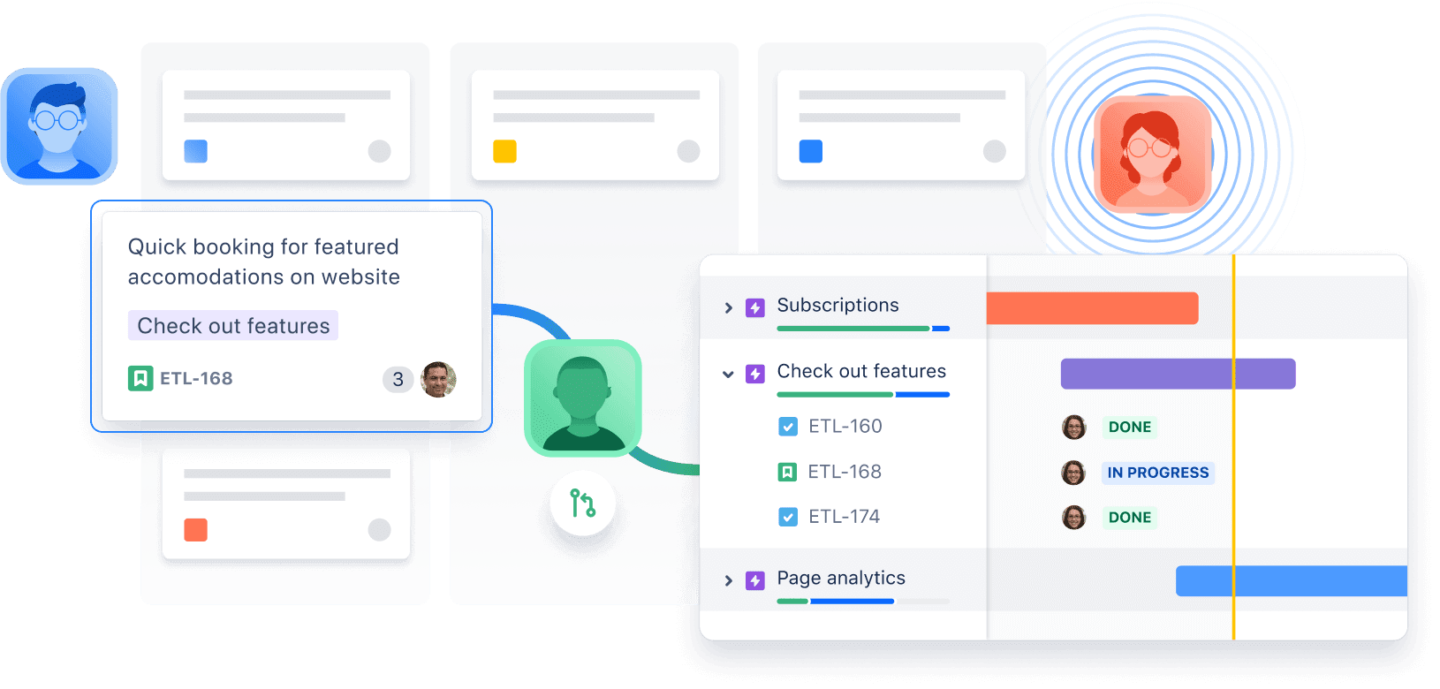
Source: Jira
Also, tools made especially for developers (the best example is Jira) will make the development process smoother for both parties.
So, if you’re going to work with a company, find out up-front what tools they use.
A top-tier outsourced company should provide you with an extensive list of all tools they use for:
- Productivity (communication and project management)
- DevOps
- Analytics
- Source control
- Testing
- UI/UX design
Keep in mind that tools alone won’t do all the communicating for you. Check out our 7 tips for effective communication with outsourced dev teams.
Will developers work only on my project?
In most cases, outsourced companies don’t handle just one client, but more, depending on their size and resources.
So it’s logical you want to know whether your potential development team will be completely dedicated to your project.
When you’re at this point in the conversation, ask whether the company has a dedicated team model.
That means the company can select a number of people with appropriate skill sets and knowledge for your project, even on a long-term basis.
DECODE is based on this model because only with experts focused on one project can we build successful apps for our clients.
Otherwise, the lack of focus and context switching will take a toll on the team’s productivity
Creating a profitable and production-ready software product requires more than just coding.
It needs a team to be fully involved, and able to change direction along the way based on market feedback.
Are you also doing UX design?
Users are the rulers. That’s why focusing on UX is a key part of the development process, no matter what kind of app you want to build.
Besides, there’s no successful app with a bad UX design.
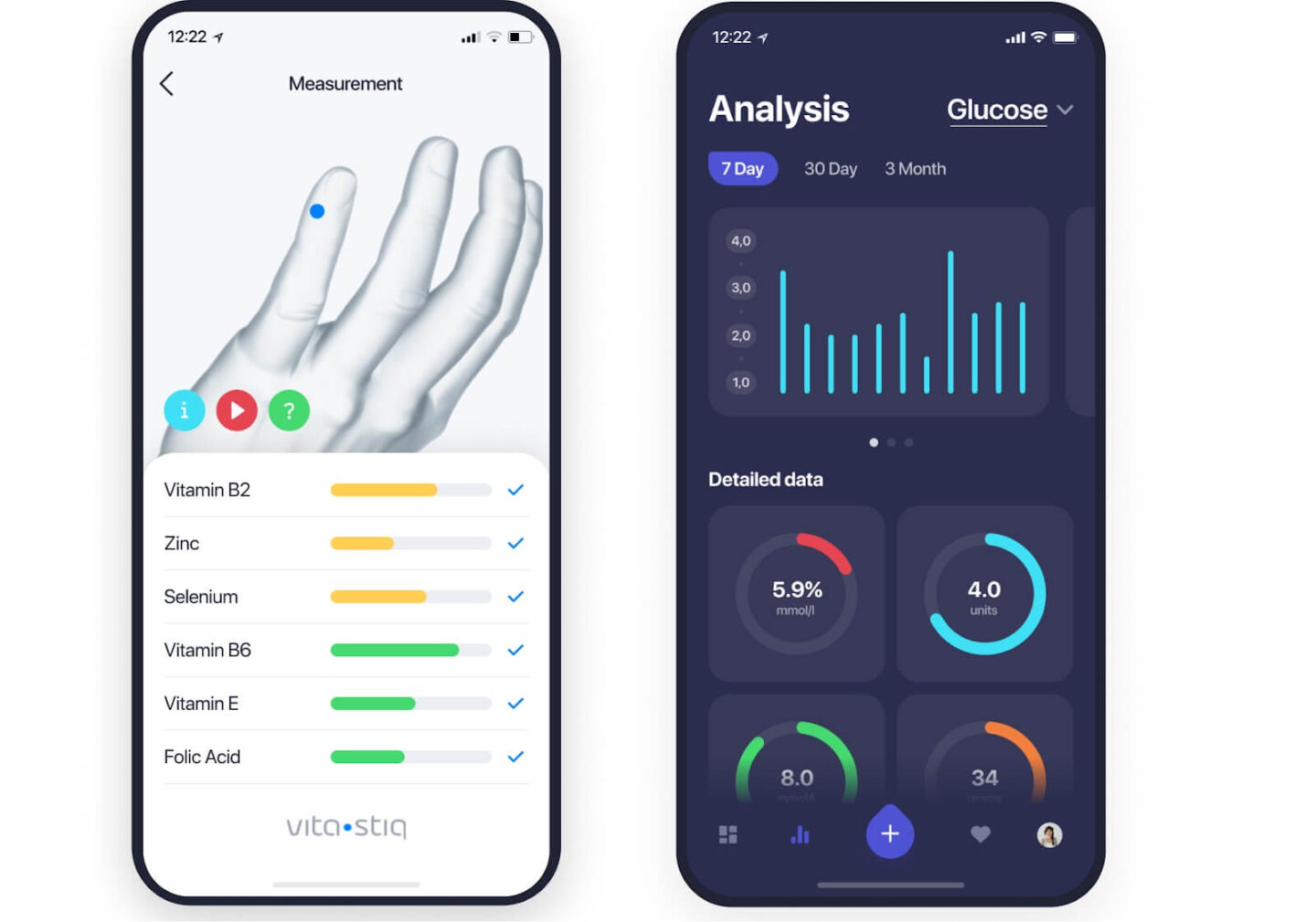
According to a study by The Android Authority, 77 % of users never use a mobile app 72 hours after downloading it.
So, when talking to the representative, check if they have a UX designer team onboard.
Questions about technical details
In this section, we get to the nitty-gritty details of mobile app development.
The answers to these questions will show you just how much of an expert the company is.
How do you handle data privacy?
Apps, especially fintech or healthcare, handle so much private data, while hackers and phishers just can’t wait to grab them.
Any company worth it’s salt will dedicate time and resources to enhance the security of an app.

Don’t be satisfied with just a “yeah, we keep our apps secure.” Ask them to elaborate on what processes, tools, and features they use.
The app isn’t the only thing that needs to be hacker-proof. It’s important that the company’s code is secure and that they use trusted and secure third-party tools.
Whether you’re planning to build a fintech, healthcare, or any other app that requires handling sensitive data, don’t skip the question about security.
Do you provide quality assurance?
Also, make sure to ask the company whether they incorporate software testing life cycle in their development.
When testing is done in every stage of app building, and bugs are fixed as soon as noticed, there’s a slight chance a hacker will pass through.
Our quality assurance process is based on high-quality and automated testing.
At DECODE, we use three types of automated testing:
- System tests
- Integration tests
- Unit tests
A team that is focused on providing the best quality assurance for your mobile app will make sure the app is always in top shape and safe from security threats and other performance issues. That means less worry for you.
What’s your pricing model?
The question that all clients are just dying to ask – how much will my app cost?
It’s perfectly ok to ask that, but not at the start of the meeting.
That’s why we put it near the end. It isn’t only because of courtesy, but also because you’ll have informed expectations about the price.
But don’t be disappointed if some agencies say they can’t give you a definite answer, or that they don’t work on fixed price projects.
Pricing in app development is not as clear-cut as it may seem.
Different kinds of projects call for different pricing models.
The most common pricing models are a fixed price contract and time-and-materials.
At DECODE we prefer the time-and materials model because most of our projects are of large scope.
That makes it hard to pinpoint a fixed cost at the outset of the project.
Our clients like this model because they don’t need to seal all business, product, and technical requirements within a contract at the beginning. Having the opportunity to develop their digital product with more flexibility.
Conclusion
The questions we’ve listed in this blog post are just tip of the iceberg, but they’re essential.
Focus on:
- Questions about the company
- Questions about your project
- Technical details (UX design, security, price model)
Depending on the flow of the conversation, maybe you’ll come up with additional and more in-depth questions.
The questions you’ll ask and the answers you get will be a filter that will make choosing your new outsourcing partner much easier.
Now that you know what to ask, put us to the test and see whether you like what we have to say!




